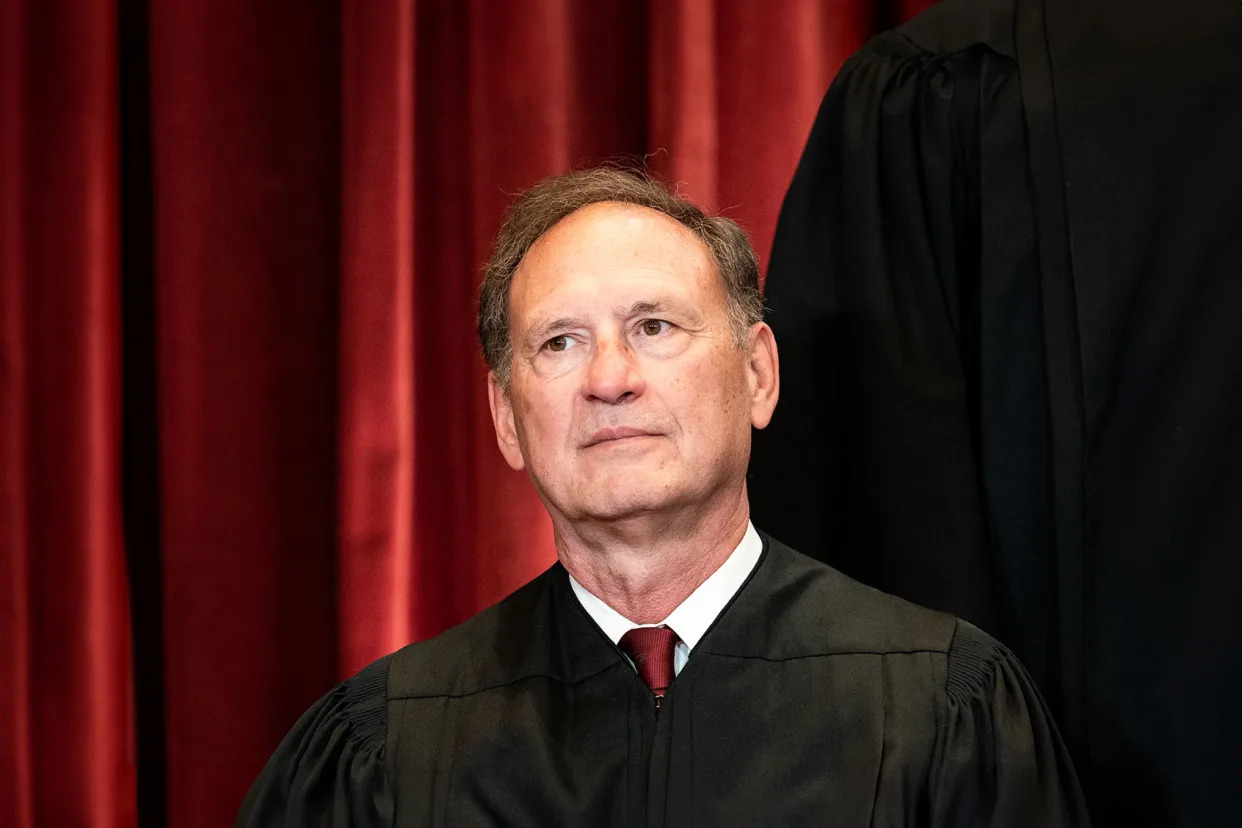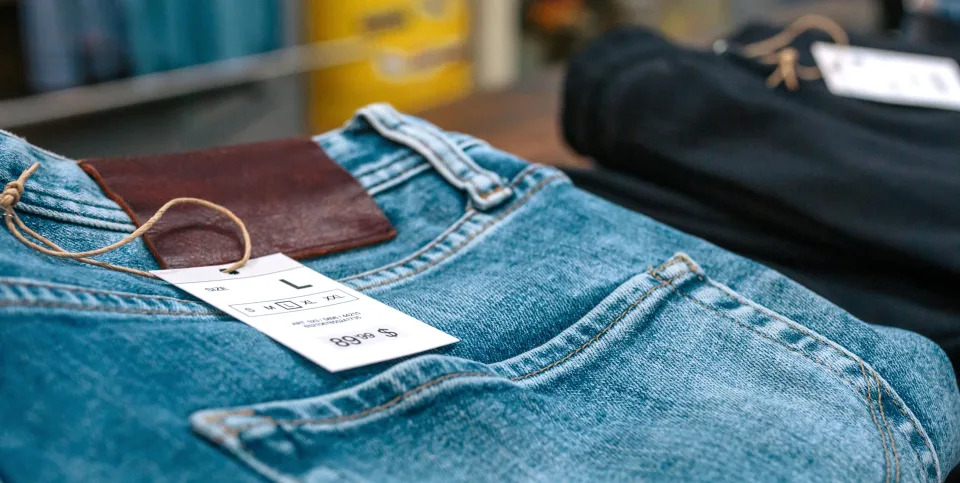How Donald Trump Worked to Destroy America’s Labor Unions

Although Donald Trump has been eager to garner support from American labor unions for his re- election campaign, there are lots of reasons he’s not going to get it. Chief among them is his record in sabotaging the nation’s labor movement.
During his decades as a wealthy businessman, Trump clashed with unions repeatedly. And, upon becoming President, he appointed people much like himself―from corporate backgrounds and hostile toward workers―to head key government agencies and departments. Naturally, an avalanche of anti-union policies followed.
Under Trump, the National Labor Relations Board (NLRB)―the federal agency enforcing the nation’s fundamental labor law, the National Labor Relations Act―led the charge. Instead of following the intent of the 1935 legislation, which was to guarantee the right of workers to union representation, the Trump NLRB widened the basis for denying that right. According to the NLRB, the nearly two million Uber and Lyft drivers, as well as other workers in the gig economy, were not really workers, but independent contractors and, as such, not entitled to a union. The NLRB also proposed depriving graduate teaching assistants and other student employees at private universities of the right to organize unions and collectively bargain.
When it came to the reduced number of workers still eligible to form a union, the Trump NLRB adopted new rules making it more difficult for them to win the employee elections necessary for union representation. The NLRB hindered union activists’ ability to organize workers during non-working hours and, also, allowed employers to gerrymander bargaining units. In March 2020, the Trump NLRB used the excuse of the Covid-19 pandemic to suspend all union representation elections and, thereafter, allowed mail ballot elections only if the employer agreed to them.
Unlike their Trump-appointed managers, many NLRB employees, as career civil servants, resented the agency’s shift toward anti-union policies and sought to enforce what labor rights remained under the National Labor Relations Act. But the new management undermined their ability to protect workers’ rights by refusing to fill vacancies, thereby hollowing out the agency. As a result, the number of NLRB staff members dropped by nearly 20 percent.
Major federal departments moved in the same anti-union direction. Trump’s Department of Education scrapped collective bargaining with the American Federation of Government Employees and unilaterally imposed a contract curtailing the union rights of the department’s 3,900 workers. Trump’s Department of Labor removed requirements that employers disclose their use of “union-busting” law firms (a practice in 75 percent of union representation elections at an estimated annual cost of $340 million). And the Department of Justice, in a brief to the U.S. Supreme Court in the Janus case, delivered what was expected to be a devastating blow to public sector unions.
 Janus v. AFSCME Council 31 was the culmination of lengthy efforts by big business and reactionary forces to cripple unions representing teachers, firefighters, and other public servants by slashing their source of income: union dues. In the past, the courts had ruled that, even if a public worker chose not to join the union, the worker, in lieu of union dues, would still have to pay “fair share fees” to cover the costs of collective bargaining and administration of the union contract. In the Janus case, though, the Supreme Court, in a 5-4 ruling, prohibited public sector unions from charging fees to nonmembers for representation. In this fashion, the narrow Court majority (including all three of Donald Trump’s appointees) established a significant financial incentive for millions of workers to stop paying union dues and become “free riders,” securing union benefits without paying for them. To widespread surprise, though, union-represented workers simply stuck with their unions and went on paying union dues, thereby foiling this Trump administration gambit.
Janus v. AFSCME Council 31 was the culmination of lengthy efforts by big business and reactionary forces to cripple unions representing teachers, firefighters, and other public servants by slashing their source of income: union dues. In the past, the courts had ruled that, even if a public worker chose not to join the union, the worker, in lieu of union dues, would still have to pay “fair share fees” to cover the costs of collective bargaining and administration of the union contract. In the Janus case, though, the Supreme Court, in a 5-4 ruling, prohibited public sector unions from charging fees to nonmembers for representation. In this fashion, the narrow Court majority (including all three of Donald Trump’s appointees) established a significant financial incentive for millions of workers to stop paying union dues and become “free riders,” securing union benefits without paying for them. To widespread surprise, though, union-represented workers simply stuck with their unions and went on paying union dues, thereby foiling this Trump administration gambit.
In addition to relying on his appointees, Trump took direct action as president to undermine American unions. Kicking off Labor Day in 2018, he denounced the nation’s top labor leader, Richard Trumka, president of the AFL-CIO, stating that Trumka’s policies explained “why unions are doing so poorly.” In 2020, after the Democratic-controlled House of Representatives passed the Protecting the Right to Organize (PRO) Act―billed by the AFL-CIO as “the most significant worker empowerment legislation since the Great Depression”―Trump blocked the legislation from moving any further by threatening to veto it.
Trump’s disdain for the American labor movement continued in the years after he left office. In August 2023, attacking the newly-elected, dynamic leaders of the United Auto Workers (UAW), he told UAW members that “you shouldn’t pay those [union] dues because they’re selling you to hell. Don’t listen to these union people who get paid a lot of money.” That October, he insisted: “The auto workers are being sold down the river by their leadership.” In fact, though, that November, UAW president Shawn Fain and his team led one of the most impressive nationwide strikes of modern times, securing wage raises for auto workers of at least 25 percent, as well as boosting retirement contributions and other benefits.
Not surprisingly, the UAW doesn’t have much respect for Donald Trump. In January 2024, the 400,000-member union endorsed Joe Biden for re-election, with Fain remarking that Biden “stood with the American worker,” while “Trump has a history of serving himself and standing for the billionaire class.” These remarks echoed Fain’s comments of a few days before, when he called Trump “a scab” who “stands against everything we stand for as a union.”
The AFL-CIO, which unites most of America’s unions, delivered a similar appraisal in a press release (“Donald Trump’s Catastrophic and Devastating Anti-Labor Track Record”) the preceding September. “Trump spent four years in office weakening unions and working people,” it maintained. “We can’t afford another four years of Trump’s corporate agenda to … destroy our unions.”
If Trump expects significant union support this November, it’s merely another of his many illusions.
Lawrence S. Wittner (https://www.lawrenceswittner.com/) is Professor of History Emeritus at SUNY/Albany and the author of Confronting the Bomb (Stanford University Press). Read other articles by Lawrence, or visit Lawrence's website.


















